One of the biggest challenges to learning about your case is understanding all the legal terms your attorney uses. The following definitions are general definitions and should be used to learn about your case, but you should not rely on them when the precise definition of a term is required. You should consult either a legal dictionary and/or your state’s case law for more precise definitions.
- Collateral Source Rule – Georgia juries are not allowed to hear about how others have paid your bills, such as health insurance or family members. These sources of payment are called “Collateral Sources.”
- Diminished Value – The amount of money your car’s value loses after being in an accident, even if it was repaired. You are entitled to this money.
- General Damages – damages that are presumed to follow from your injury. Normally, this is pain and suffering. There is no mathematic formula and it is up to a jury to put a number together.
- Impeachment – describes when an opposing attorney catches you in a lie or discrepancy in your testimony.
- Interrogatories – written questions the opposing attorney sends you and must answer within 30 days under oath. Georgia only allows an attorney to ask you 50 questions.
- Liability – whose fault is it?
- Lien – a legal interest another person has in your settlement or verdict proceeds. In personal injury cases, this is normally a medical provider or insurance company. The medical provider will treat you without payment and then seek a lien on any proceeds. Health insurance companies will look for you to reimburse them for paying for your treatment.
- Negligence – this has a legal definition that has 5 elements, but essentially it means – did someone do something that a reasonable person would not have done and that resulted in causing you harm.
- Practice Area – a term used by attorneys to describe what types of cases they handle. Most personal injury cases are all based on negligence law and then have peculiarities on top of that.
- Pre-existing injury – a term to describe an injury you suffered prior to your accident and that you are now claiming was hurt in the accident. Defense attorneys love to argue you are trying to blame your accident for an injury you already had. Truth is, Georgia law compensates you for aggravation of a prior injury.
- Punitive Damages – damages meant to punish the wrongdoer. They also allow you to present additional evidence about the other person/company’s behavior that you would not otherwise be able to get in at trial.
- Minor Impact Soft Tissue Injuries (M.I.S.T.) – what the insurance industry calls minor car accident cases where you only have a sore neck or back.
- Soft-Tissue Injuries – See Minor Impact Soft-Tissue Injuries, above.
- Special Damages – money that can be proved by introducing bills or documents that show an exact amount lost/paid.
- Statute of Limitations – the period of time from your accident in which you have to file your lawsuit. It is normally two (2) years but there are several loopholes that may apply.
- Subrogation – the right of an insurance company to recover money it paid to you.
- Trust Account (a/k/a IOLTA) – a special bank account that all attorneys are required to have. They use it to keep settlement and verdict money separate from the firm’s money. Any dispute over fees, costs, etc. will result in the money staying “parked” in this account until the dispute is resolved.
- UM Insurance – insurance that protects you from uninsured or underinsured drivers. See Uninsured Motorist Insurance Coverage in Georgia to learn more.
- Umbrella Insurance – additional insurance some people purchase on top of their homeowner’s insurance. This insurance may provide you with additional funds for your injuries.
- Wrongful Death – when another person’s negligence causes the unnatural death of a loved one. You have several different legal claims in Georgia when this occurs.

.2410171603550.png)



.2410171551550.png)
